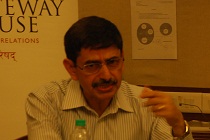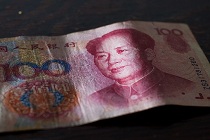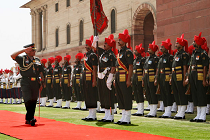Bucking Beijing: An Alternative U.S. China Policy
Until now, the U.S.-China policy has been driven by a blend of engagement and balancing. The Obama administration’s concentration on ‘engagement’ has done nothing to halt Beijing’s military build-up. The next administration should work towards bolstering the ‘balancing’ half of Washington’s strategic equation.










